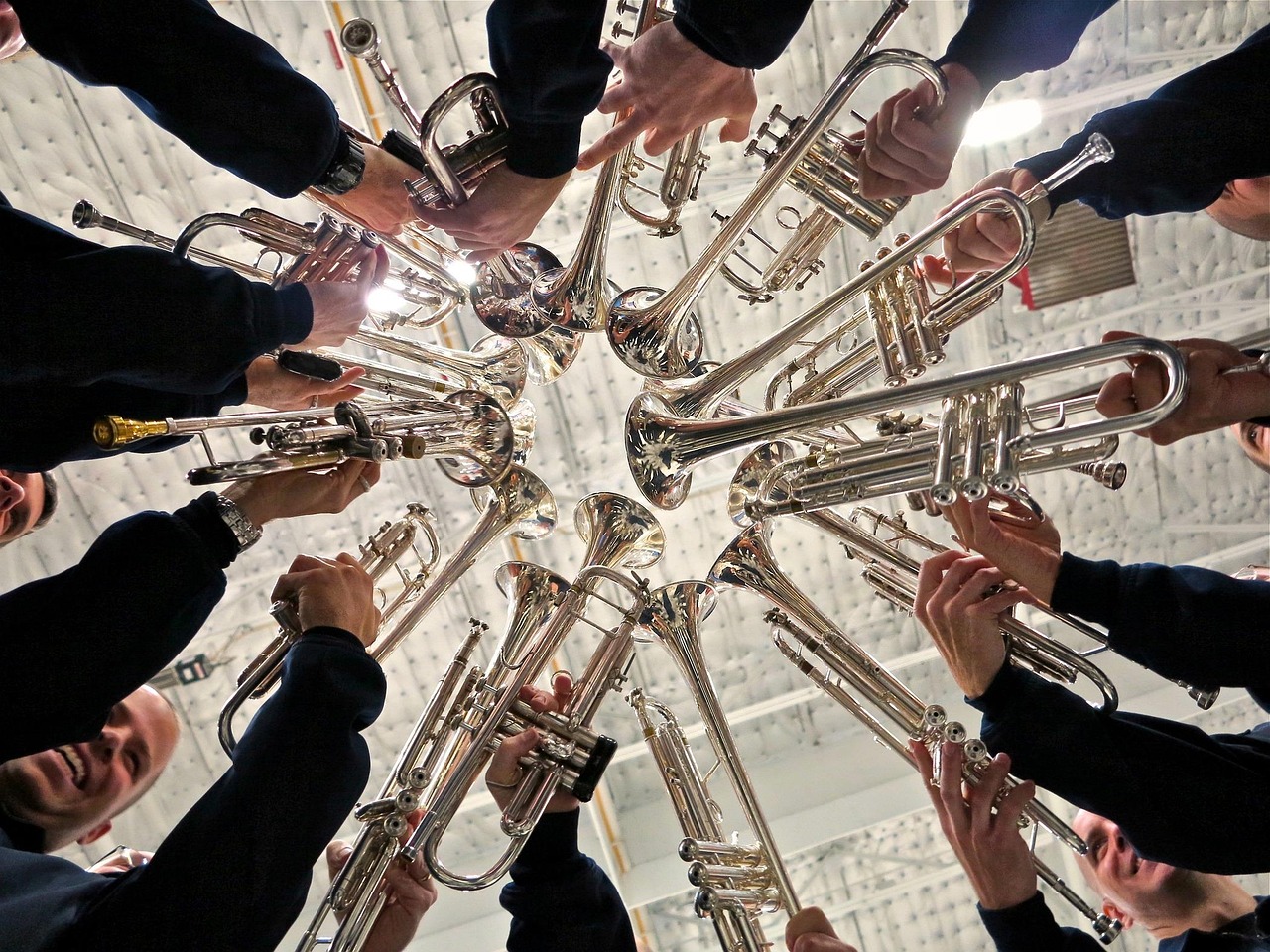
There are portions of our Bible which particularly lift the spirit. These last five psalms (Psalm 146 – Psalm 150) come into this category. Each one of these psalms begins and ends with the words “Praise ye the LORD” (i.e. Hallelujah!). Praise is that which we are exhorted to offer; the writer to the Hebrews says, “By him therefore let us offer the sacrifice of praise to God continually, that is, the fruit of our lips giving thanks to his name” (Hebrews 13:15).
Praise is the dialect of heaven; we have to learn down here the anthem of the song up there, which is Hallelujah – “Praise the LORD”. How many of us have realised the significance of the fact that we exist to praise the Lord? The eternal purpose of bringing man into the world was that God might be praised. This is a theme of the opening chapter of the Epistle to the Ephesians; thus we read, “To the praise of the glory of his grace, wherein he hath made us accepted in the beloved” (1:6); “That we should be to the praise of his glory, who first trusted in Christ” (1:12); “that holy Spirit of promise, which is the earnest of our inheritance until the redemption of the purchased possession, unto the praise of his glory” (1:13,14).
In these Hallelujah Psalms:
- the praises get louder (the choir becomes larger)
- the praise becomes richer (the numbers and types of instruments increase)
- the praise gets higher and nearer to God (the position of the worshippers becomes closer to the LORD until the sanctuary is reached).
We shall illustrate these points.
a) The Praises get Louder
Psalm 146 is individual, “While I live will I praise the LORD: I will sing praises unto my God, while I have any being” (v.2). Psalm 147 is national, “Praise the LORD, O Jerusalem; praise thy God, O Zion” (v.12). Psalm 148 is creational, “Praise ye the LORD from the heavens” (v.1); Praise the LORD from the earth” (v.7). Psalm 149 is congregational, “Sing…his praise in the congregation of saints” (v.1); Psalm 150 is universal, “Let everything that hath breath praise the LORD” (v.6).
b) The Praise gets Richer and Deeper
The instruments multiply; in Psalm 146 it is simply singing, “I will sing praises unto my God” (v.2); in Psalm 147 there is mention of the harp, “Sing praises upon the harp unto our God” (v.7); in Psalm 149 we find reference to the dance (marg. pipe), the timbrel and harp (v.3); whilst in Psalm 150, nine instruments are mentioned: the trumpet, the psaltery and harp (v.3), the timbrel and dance (pipe), stringed instruments and organ (v.4), loud cymbals and the high-sounding cymbals (v.5). Here, therefore, are stringed, wind and percussion instruments. Of course, we should contrast the instruments used in the worship of God by Israel, in a former day, with the complete absence of instruments in worship in the New Testament.
c) The Praise gets Higher and Nearer to God
They begin with the individual in his own soul, “Praise the LORD. O my soul” (Psalm 146:1). In Psalm 147 praises reach Zion, “Praise thy God, O Zion” (v.12). Then they are taken up to the heavens, “Praise ye the LORD from the heavens” (Psalm 148:1). As “a people near unto him” (Psalm148:14), praise is found in “the congregation of saints” (Psalm 149:1). Finally, ‘praise God in his sanctuary’ (Psalm 15:1).
David E West.
Praise the Saviour, ye who know Him!
Who can tell how much we owe Him?
Gladly let us render to Him
All we are and have.
Thomas Kelly